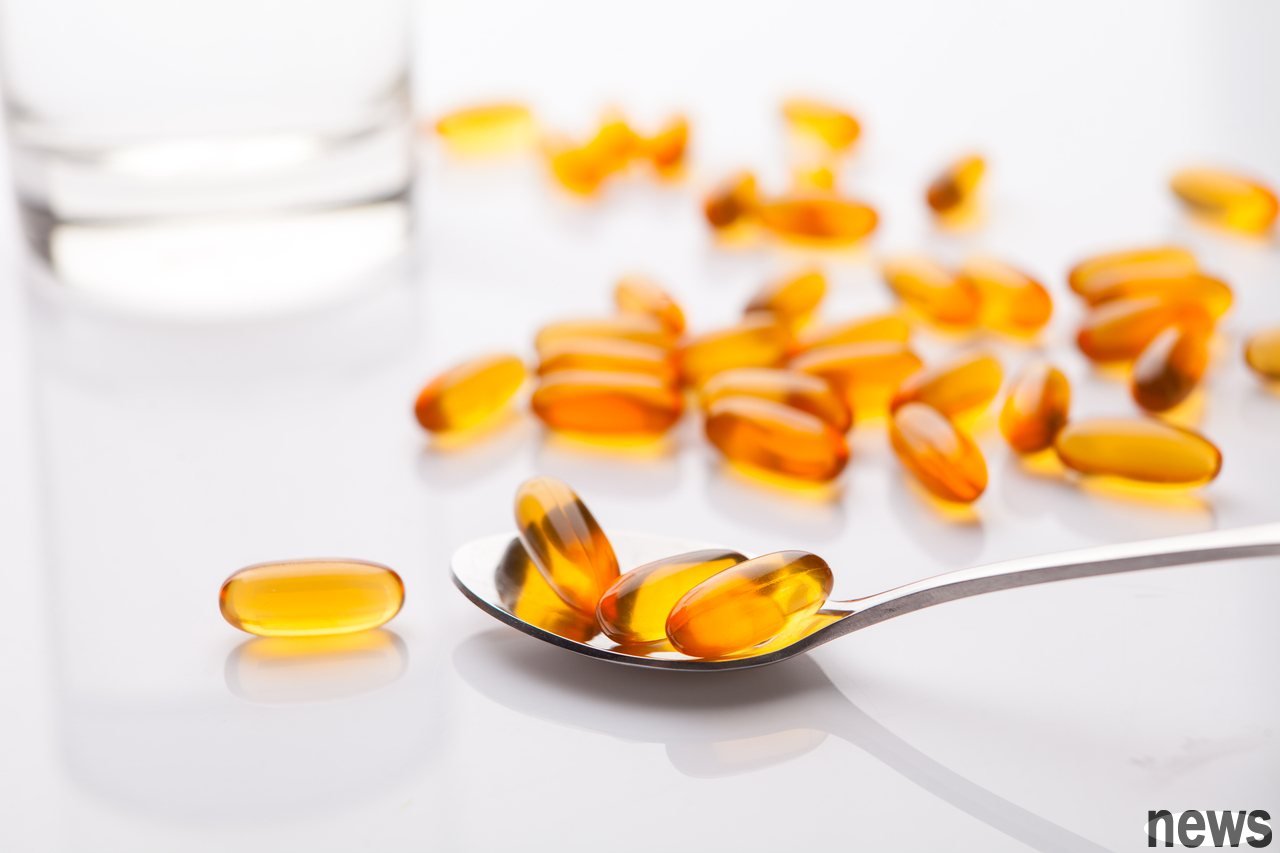The American Medical Association journal JAMA published Health Claims and Doses of Fish Oil Supplements in the US today (2023-8-23). I translate the digest as follows: Importance: Although multiple random clinical trials show that there is no data o...

The American Medical Association journal JAMA published Health Claims and Doses of Fish Oil Supplements in the US today (2023-8-23). I translate the digest as follows:
Importance: Although multiple random clinical trials show that there is no data on the cardiovascular benefit of fish oil supplements, one in five American adults over the age of 60 often take fish oil supplements to maintain a healthy heart. The sound on the supplement label may affect consumers' perceptions of health benefits.
Purpose: To evaluate the healthy voices on the labels of American fish oil supplements and to check the doses of eicosapentaenoic acid (EPA) and docosahexaenoic acid (DHA) in common formulations.
Experimental Design: This lateral cross-sectional study used data from commercially available fish oil (and non-fish ω-3 fatty acids) supplement labels obtained from the National Institute of Health Research. This study was conducted and analyzed between February and June 2022.
Result: Of the 2819 fish oil supplements, 2082 (73.9%) proposed at least 1 health claim. Of these, only 399 (19.2%) used FDA-approved qualified health voices; the remaining [1683 [80.8%]] only proposed structure/functional voices (e.g., “ Promote the Heart Health”). Cardiovascular health is the most common sound [1747 [62.0%]]. Among the 16 leading brands/manufacturers, 255 fish oil supplements were identified. Among them, there are great variations in daily doses: EPA daily doses range from 135 to 647 mg, DHA daily doses range from 140 to 500 mg, and EPA+DHA daily doses range from 300 to 1100 mg. Of the 255 replenishings evaluated, only 24 (9.4%) contained 2 grams of EPA+DHA daily doses. (Note: These doses are displayed on the label, and the real dose may be lower)
Conclusion: The results of this tidal dissection study show that most fish oil supplements make health sounds, usually in the form of structure/functional sounds, suggesting health benefits to various organ systems, despite the lack of trial data showing efficacy. There is significant disparity in the daily dose of EPA+DHA in the existing supplements, resulting in potential differences in safety and efficacy between the supplements. It may be necessary to strengthen the monitoring of dietary supplement labels to prevent consumers from misinformation.
Note: Omega-3 from food is health-friendly, but Omega-3 from medicine cans has always been arguing. Please see the fish oil supplement, coffin flask and fish oil fight the depression, and suffer another setback.
Recent Note: Reader Elliot left a message: "Omega-3s from food are health-benefits" is undoubtedly a question.
In addition to the topic, it is also recommended that people choose to eat seafood. When referring to the "Taiwan Seafood Selection Guide" of the China Research Institute: "avoid eating of red lights", "consider eating of yellow lights", "suggested eating of green lights", and the overall selection principle. Environmental health is also a human health ring. When eating seafood, you can also focus on the permanent ocean, ecological conservation, climate change, etc., so that you can have fish every year.
Taiwan's guide was formulated by China Research Institute, and countries around the world have also issued guidelines based on the same criteria. Please refer to the guidelines from various places.
Note: There are already many seafood with average price and high-fat/fish oil in the green light area.
Original text: Fish oil supplement to protect the heart: blowing is the normResponsibility Edited by: Gu Zihuan